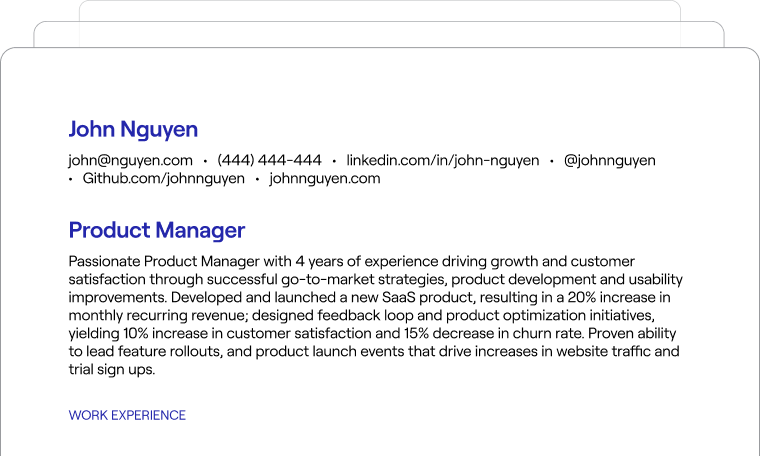Lead Data Engineer
This job is no longer available
There are still lots of open positions. Let's find the one that's right for you.
About The Position
Mastercard is seeking a Lead Data Engineer to lead the design and development of enhanced data services and cloud enablement for Data and Services. As a Lead Data Engineer, you will push the limits of the state of the art with best-in-class data product enablement in the cloud and will design the roadmap to develop data and analytics solutions that sit atop vast datasets. Your role will enable a frictionless customer and developer experience, exposing data components for direct customer use or as components for new product constructs. You will have the opportunity to create high-performance analytic and machine learning (ML) solutions based on data sets measured in the billions of transactions and front-end visualizations to unleash the value of big data. In this position, you will lead the design of new data capabilities and infrastructure related to accessing and using Mastercard, third-party, and partner data to power Mastercard data products and solutions. You will be responsible for designing the required new data pipes, data transfers, and compliance-related infrastructure to enable the use of data in the cloud. Additionally, you will identify data-related capabilities and infrastructure requirements resulting from new and evolving product constructs and how those requirements can be developed cloud natively. You will need to understand the Data and Services business strategy, information infrastructure, and data needs for both new and existing products and services across various product initiatives. Collaboration with relevant data management, data governance, and technical teams will be essential to enable the long-term viability of information assets and enterprise requirements. You will also develop a horizontal technology roadmap in conjunction with the Data Strategy & Management team to enable technology solutions for managing data that meet the needs of multiple business stakeholder groups. Furthermore, you will identify existing data capability and infrastructure gaps or opportunities within and across initiatives and provide subject matter expertise in support of remediation.
